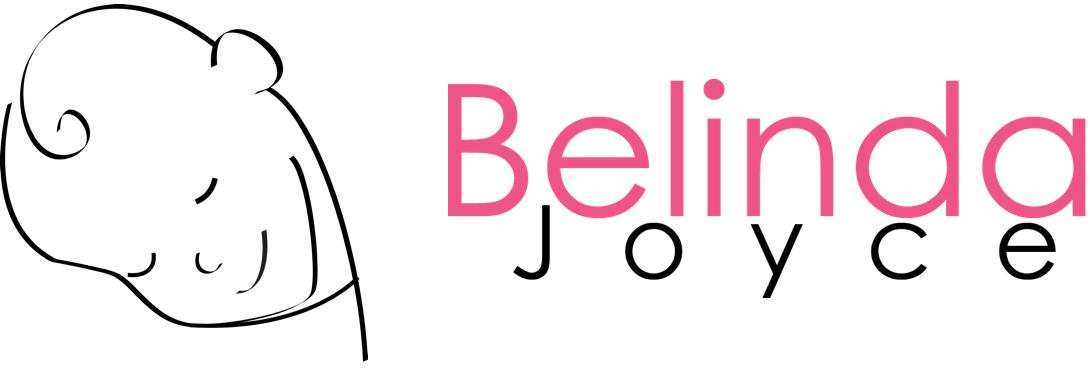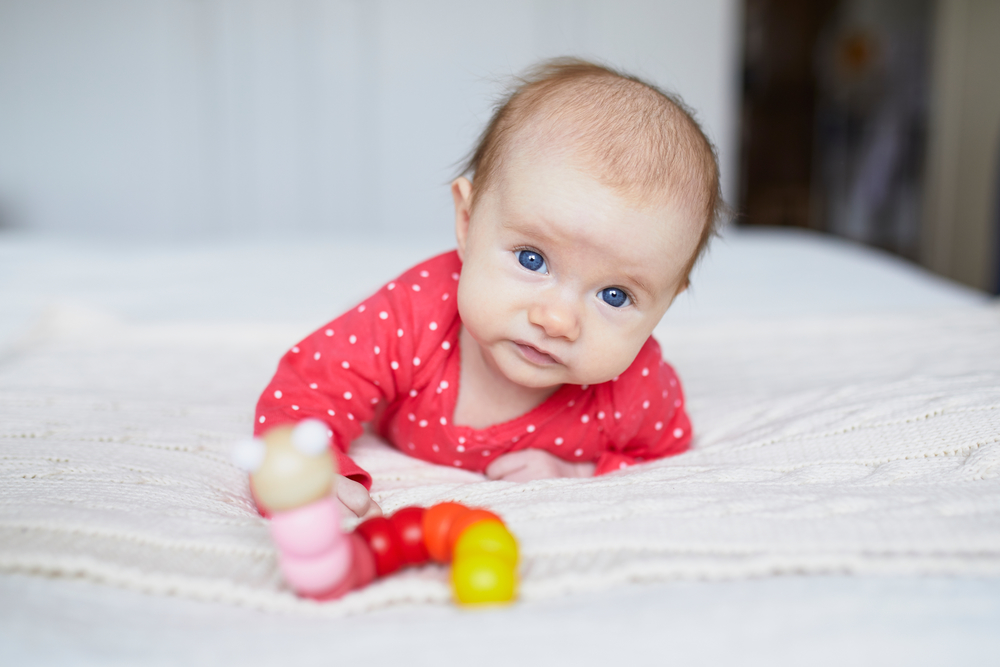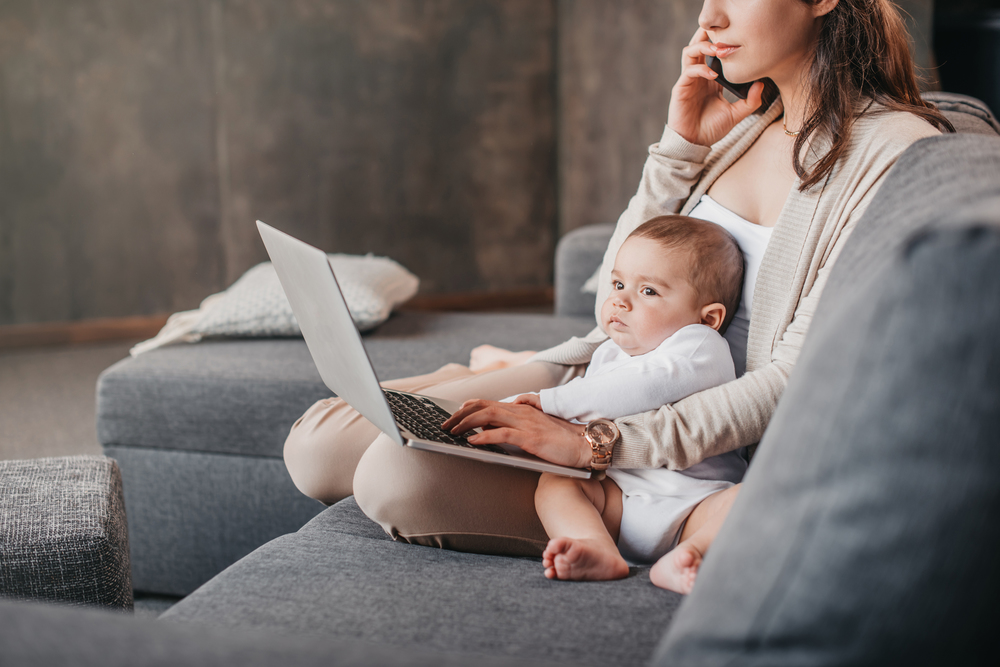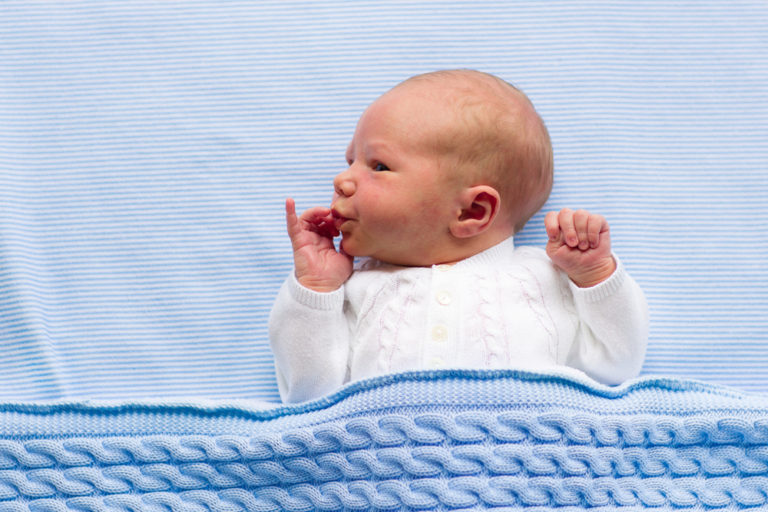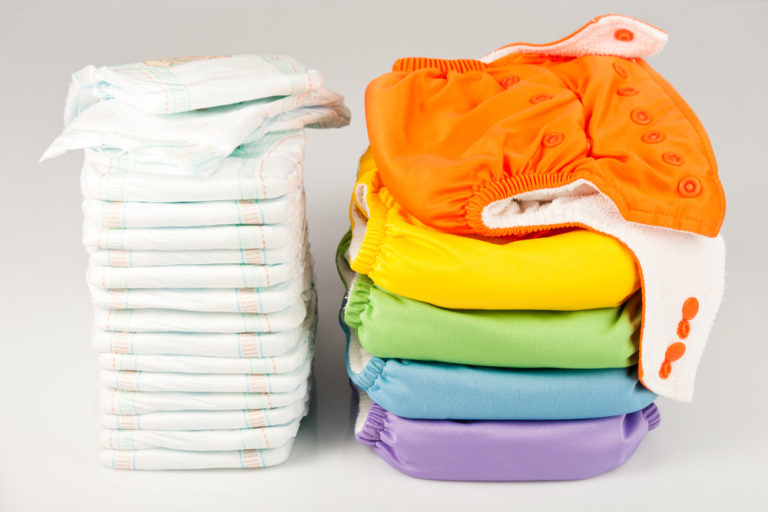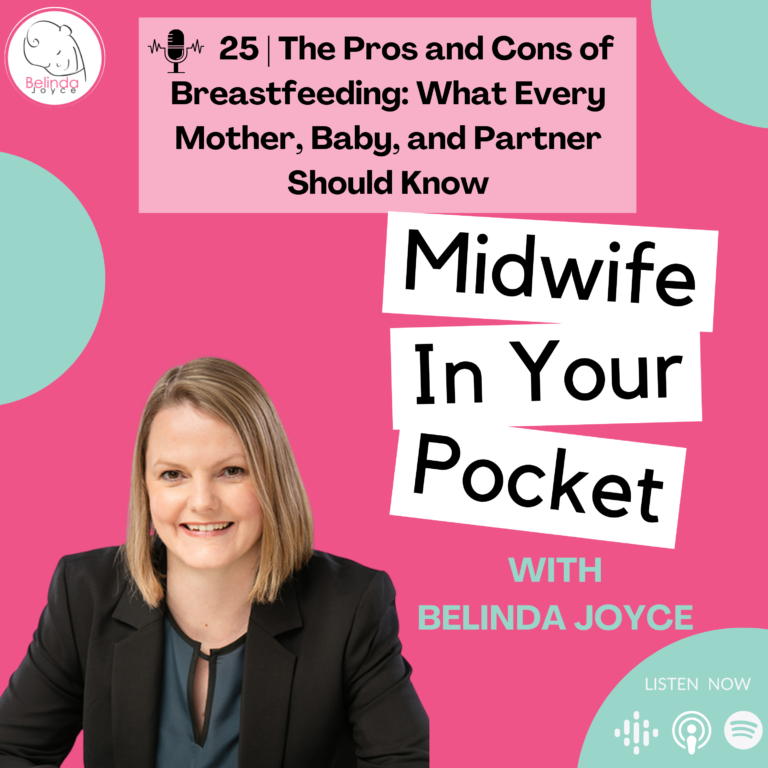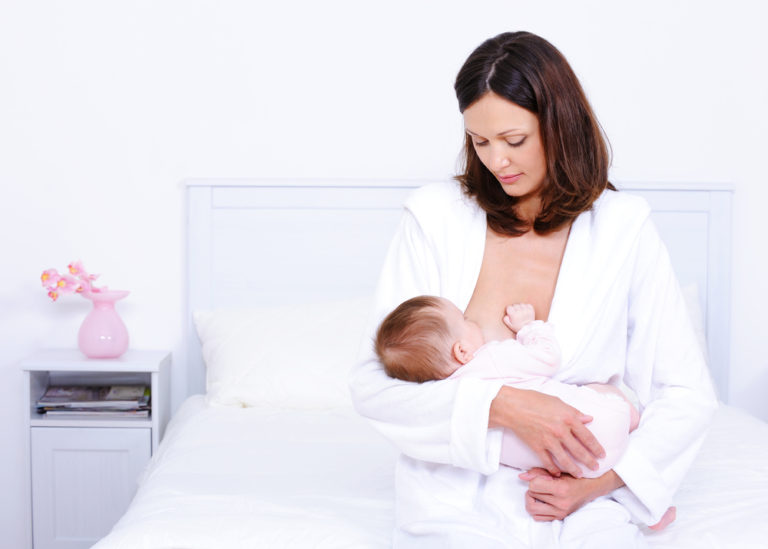Covid: Isolating with Babies & Young Children, a Parent’s Survival Guide
The world has certainly changed drastically in the last few years with many families isolating and many working from home due to Covid 19. Many families have been infected with or are trying to avoid the imminent threat of Covid 19.
The following are tips and ideas to help when you are at home with young children.
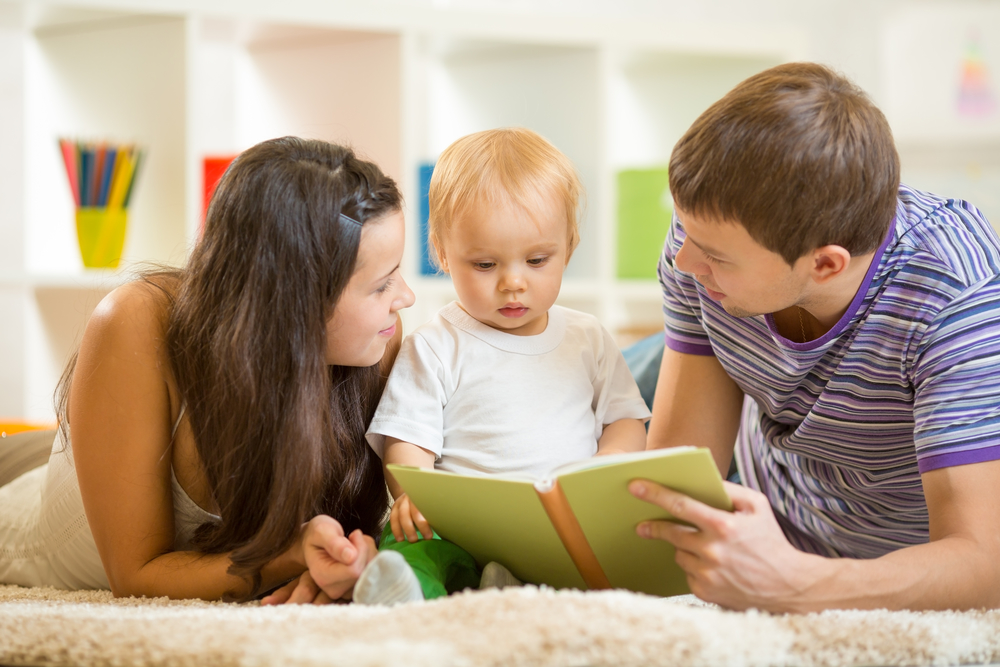
Routine helps:
- Try to stick to a flexible routine. This will be different for all families and depend on whether either parent is still going to work outside the home or not.
- It is fun to have some pyjama days sometimes but try to actually get up and dressed most of the time, this sets some normalcy in your life. As a mum if you usually wear some make-up, go ahead and put it on if it makes you feel better or feel free to give your skin a rest too.
- For newborn babies there really is no strict routine, trying a feed, play, sleep pattern can help but it is usually 24 hours a day with little break.
Move Your Body:
- Get active for at least 30 minutes each day. This could be going for a walk (if allowed to leave the house) or doing an online fitness work-out. Go and jump on the trampoline if you have one. Even some classic games like hopscotch can be fun and get you off the couch. Playing tiggy around the house or hide and seek, these can involve toddlers and up to all ages.
Doing some exercise has been shown to improve your mental and physical health, that’s a win-win.
Social Connection:
- Video call friends and family. Most of us are used to interacting with colleagues, friends and family most days so not having that social interaction can be difficult. Try some spontaneous calls as well as some planned. Try for at least 1 every day and get your kids involved in both choosing who and the call itself.
- Social connection is important for all, this can be an electronically shared meal or game. One of social medias strengths is the ability to connect digitally.
- Talk to neighbours from a safe distance. We had an picnic in front of a neighbour’s house recently and we all got to talk, mainly about how strange life is at the moment. We were able to discuss which groceries we had plenty of and what we could share. This will depend on the current restrictions in place.
Play time at home:
- Set up some different play zones in your lounge room. This depends on the age of your children, babies that can crawl will be quite different to toddlers and even preschool children.
- For a young baby you may have an activity gym, a play mat for tummy time and a rocker. You would need to move them around to each station.
- For an older more mobile baby you may have a play gym, a soft ball, a teddy bear and some blocks. Let your baby move either rolling or crawling around to the different stations. You could even try setting up a scene with people, cars and animals for them to come along and change (knock down).
- For a toddler or pre-schooler you could include some craft and more role play type toys such as tea sets, prams, dolls, cars and animals. Try making an indoor cubby house or fort. Art and craft are great for this age too.
- Don’t forget outside play, many children love the outdoors, even babies. Babies enjoy sitting under a tree and watching the leaves move in the wind, cars driving past and different sounds and sensations. Toddlers and pre-schoolers love to run around and move their bodies with ride on cars, trikes, equipment like slides and cubby houses.
This time together can be great opportunity to bond.
DISCOVER HOW TO SURVIVE & ENJOY YOUR BABY!
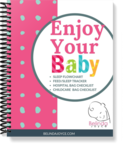 The pack is full of checklists and printables to help you improve sleep challenges with our flowchart, decide what to take to hospital, what equipment is essential, what to put in your nappy bag and so much more
The pack is full of checklists and printables to help you improve sleep challenges with our flowchart, decide what to take to hospital, what equipment is essential, what to put in your nappy bag and so much more
Baking and cooking:
- Toddlers and young children are much more likely to eat what they have been involved in cooking or preparing. Having the extra time to spend doing this together may be beneficial in increasing variety in their diet.
- Cooking can be therapeutic and a wonderful activity to role model for children but be mindful, that with limited daily activities due to isolation we want to include it in a daily routine in balance with other activities. Maybe you could try making pasta or bread from scratch.
Quiet time:
- reading a story to your baby or children is always great, it is especially helpful before nap or bedtime as it reduces stimulation, allows for some closeness and promotes drowsiness if they are tired.
- for many parents quiet time mainly happens when your baby or child is napping. This is a great time for reading a book of your own or watching a movie not suitable for your baby.
Screen time:
- it is recommended not to give children under 2 years of age any screen time however this is very difficult to achieve for many reasons. Screens are all around us, especially if you have older children watching TV in the same room. Babies and toddlers really enjoy screen time so try to limit it and I’d recommend to avoid letting them do this before bedtime as it is so stimulating that it is known to disrupt sleep.
- During this pandemic, I think parents need to do the best they can and if that means your children having a little more screen time then that is OK. Try to break it up throughout the day with other activities and naps as well.
- For pre-schoolers and older children try to offer some educational games.
- Avoid TV news that is full of frightening stories about COVID-19 at the moment.
- Look after your own mental health by only looking at news and social media a few times each day to stay up to date with the new recommendations as they continue to change. Try to limit your children’s exposure to this as it may be frightening.
Shopping (if not infectious):
- If you do need to go to the shops try to explain to older children the need for social distancing and hand sanitising. Younger babies and children will not understand this so you need to do this for them and supervise them closely. Remember to only go shopping if you absolutely have to.
- Finding the basics for your family has been difficult recently, nappies, formula, toilet paper, cleaning products and even foods such as pasta and flour. Some families have bought some traditional cloth nappies (towelling or flannelette) or even some modern cloth nappies as a backup.
Working from home:
- If you normally work from home but have child free time as they are at childcare, kindergarten or school then this is going to be a challenging time to try to both supervise and entertain your children as well as being productive for your work role. If this is not normal for you then you will need to make a suitable space or home office.
- Try to use a routine which includes snack breaks, lunch breaks as well as time to keep an eye on children, especially babies.
Your mental health:
- First, I think we all need to acknowledge that this is a stressful time, many are feeling anxious.
- Your partner, your children and yourself all need the chance to express your emotions. No emotion itself is bad or wrong but can be acknowledged.
- Ask your children how they are feeling, this is very much age dependant. There are some wonderful picture books that show different emotions that allow you to talk about them in context.
- Ask your partner how they are feeling and share your worries and concerns.
Getting through this COVID-19 pandemic will be a long, slow process and we are all in this together. Think of it as a pause in your life that is giving you a chance to reset, think about what is most important to you and your family. Maybe there will be some changes in the future that you need to take.
